It’s the final tranche of $3bn programme agreed last year to avert default as Islamabad seeks another long-term bailout.
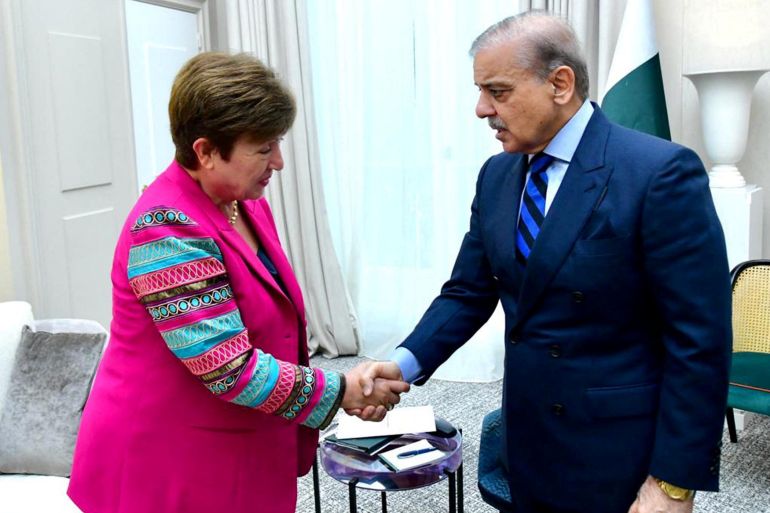
It’s the final tranche of $3bn programme agreed last year to avert default as Islamabad seeks another long-term bailout.

The deal comes as the central bank said it would let the Egyptian pound trade freely.
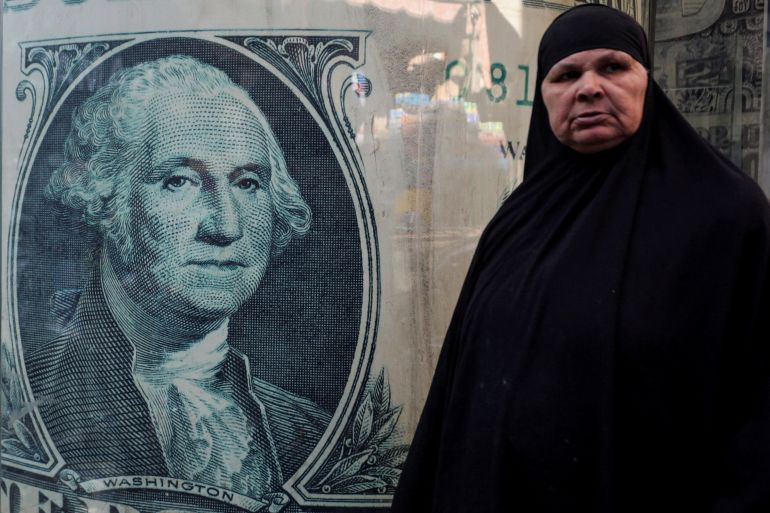
New gov’t will have to deal with soaring inflation, increasing poverty, low forex reserves and weakening infrastructure.
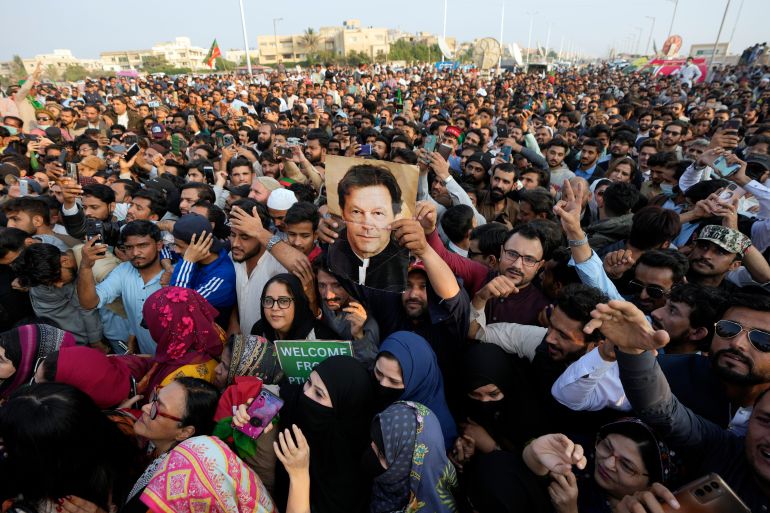
IMF upgrades growth outlook for Russia and downgrades expectations for the eurozone.
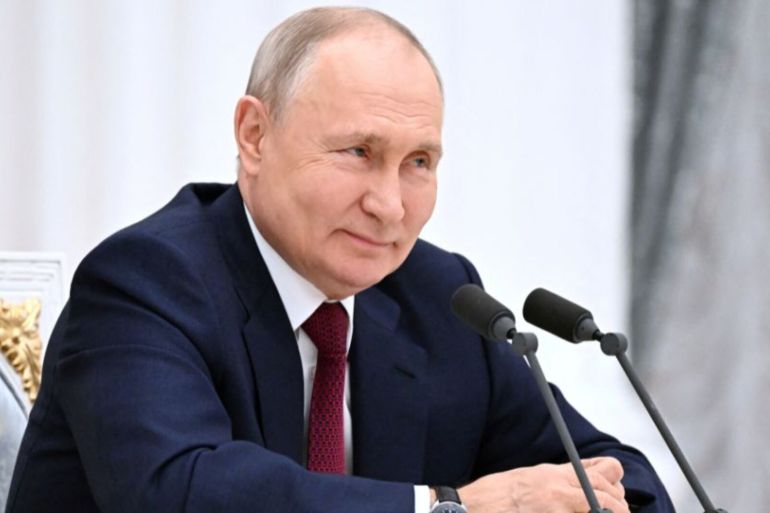
New president Milei warns of painful measures as currency value slashed, subsidies cut, public works tenders cancelled.
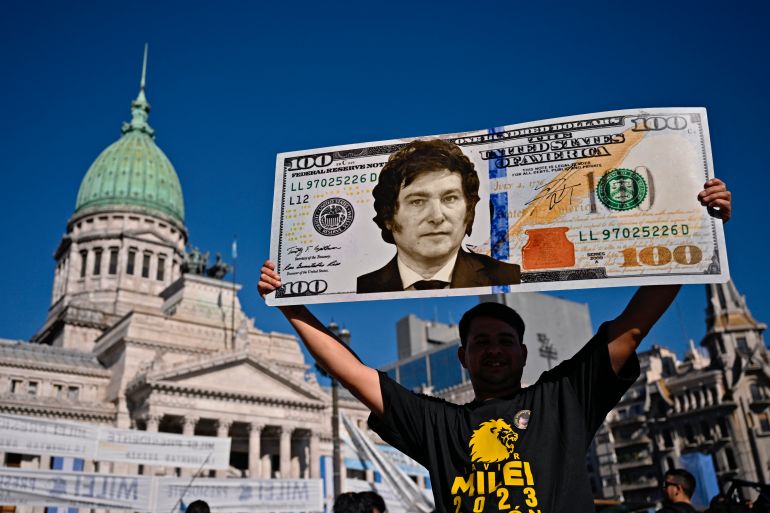
Lula also takes over at a time of bitter internal divisions in the group, legacy of outgoing president Narendra Modi.
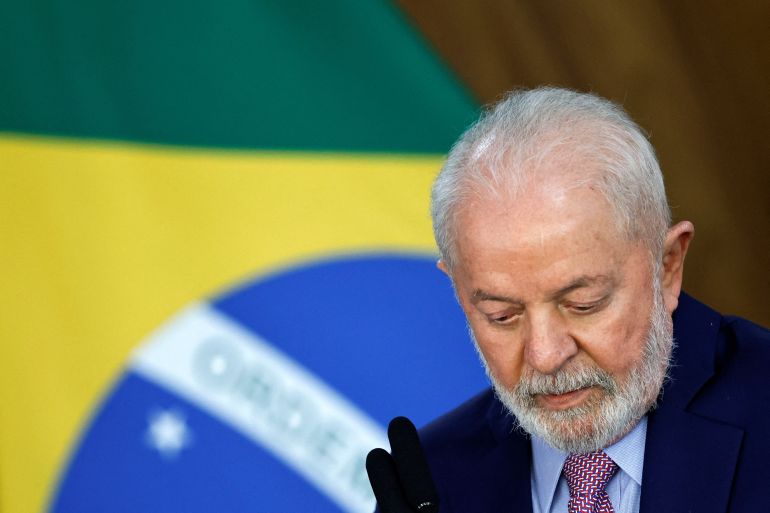
The much-awaited deal with the global lender is meant to save the cash-strapped country from default.
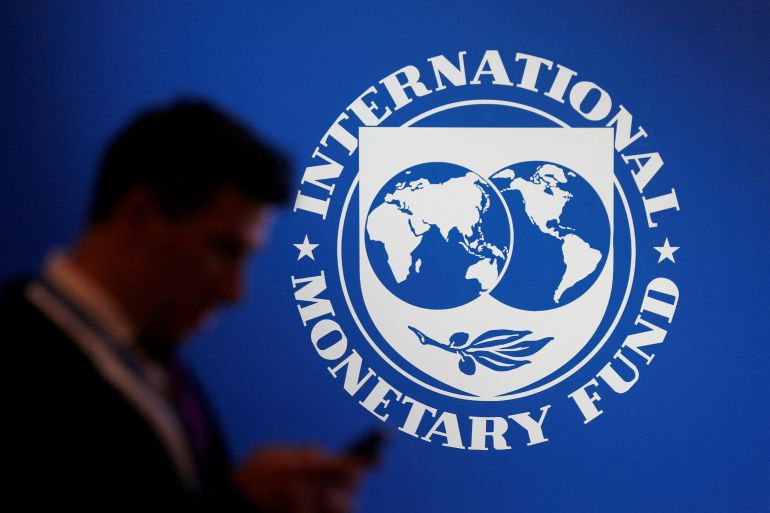
The financial international institutions are holding a summit in the earthquake-hit North African country.
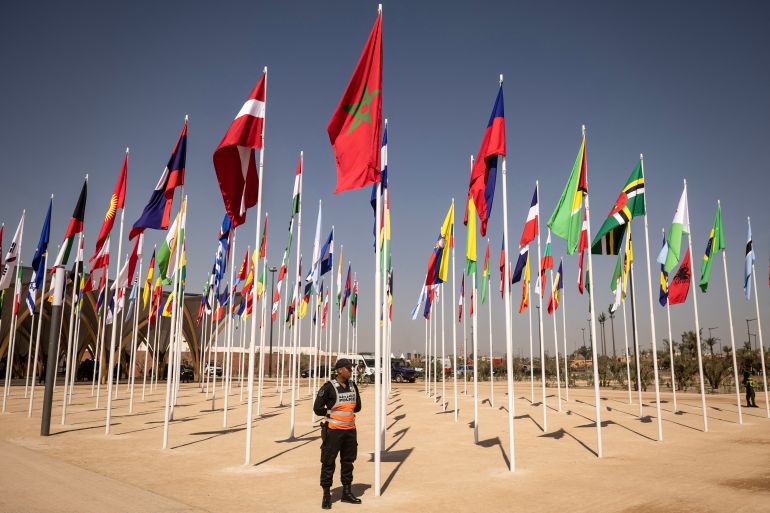
Global lender says it did not reach staff-level agreement with Sri Lanka in first review under a $2.9bn bailout package.
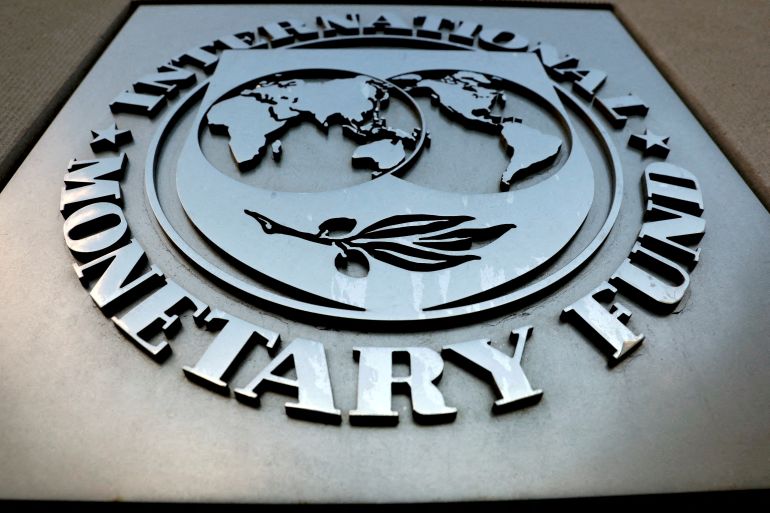
Egypt is privatising – but is it enough to please the IMF and get more funding from the international financial body?
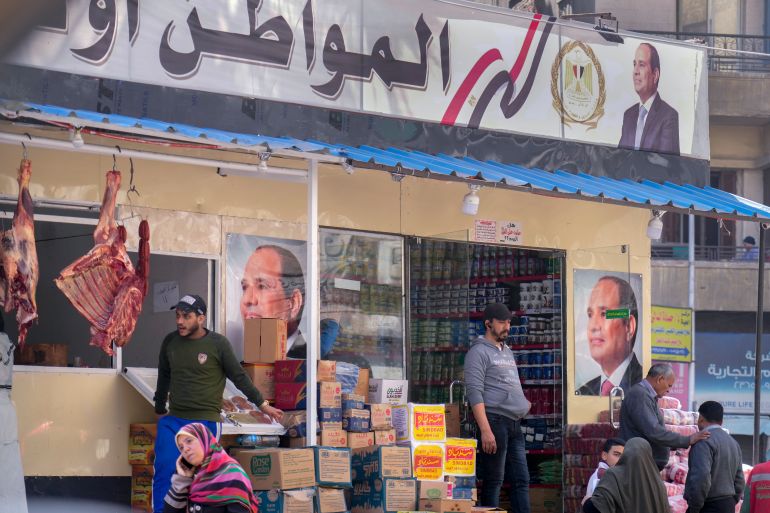
Lender says a week after approving $3bn bailout package for Pakistan that ‘significant shocks’ have rocked its economy.
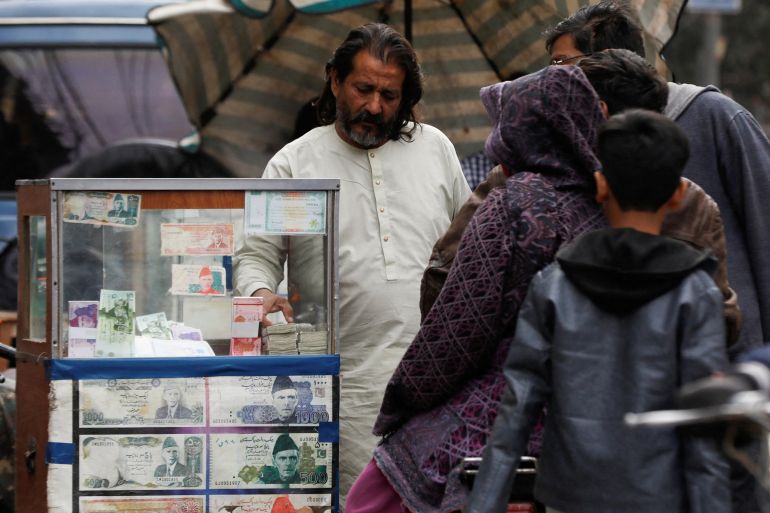
Kingdom deposits money into Pakistan’s central bank before critical meeting of global lender on $3bn bailout package.
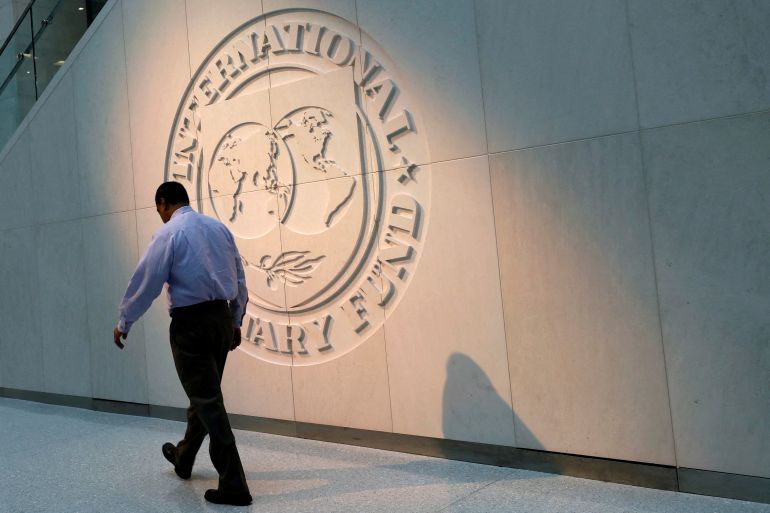
As Pakistan clinches a crucial $3bn bailout hours before deadline, a look at what it means for the cash-strapped nation.
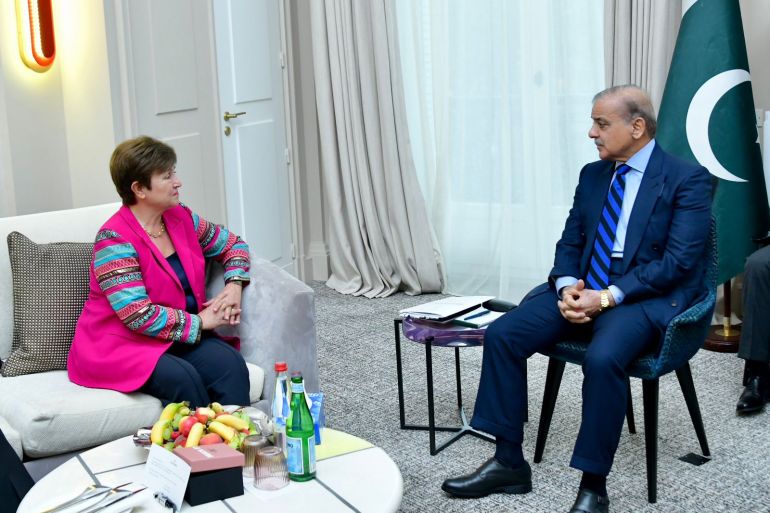
Pakistan could get temporary relief from its economic crisis with a new standby arrangement announced by the lender.
